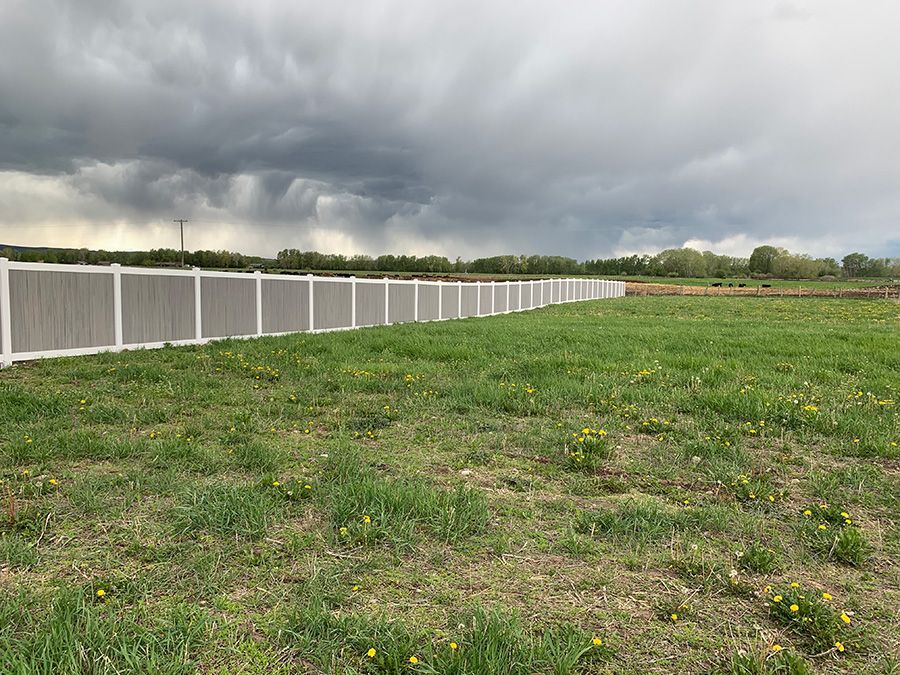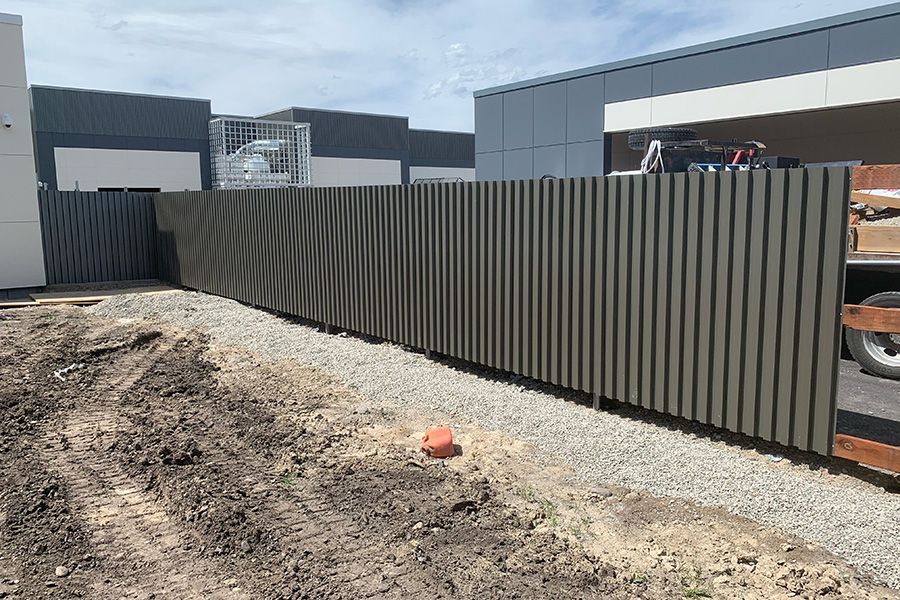Understanding Vinyl and Wood Fencing
Selecting the ideal fence for your property often comes down to vinyl or wood. Each material has its own set of advantages and challenges, so it’s essential to consider your needs, style preferences, and budget.
This guide will help you evaluate the pros and cons of vinyl and wood fences, ensuring you pick the right one for your home.

Why Choose Vinyl Fencing?
- Durability: Vinyl fences are known for their durability, resisting weather damage, pests, and rot for many years.
- Low Maintenance: Vinyl fencing is incredibly low-maintenance, needing only occasional washing, as it doesn’t require painting or staining.
- Cost: Vinyl fences may cost more upfront, but their durability and low maintenance can save money in the long run.
- Drawback: One downside of vinyl fences is the limited range of colors and styles, which might not suit every design preference.
Benefits and Drawbacks of Wood Fences
- Aesthetic Appeal: The natural, rustic look of wood fences can be enhanced with various paint, stain, or finish options to suit any style.
- Cost: Wood fences are generally more affordable to install than vinyl.
- Maintenance: Wood fences need consistent care, including painting, staining, and repairs, to maintain their appearance and prevent rot.
- Lifespan: The lifespan of a wood fence can be shorter, particularly in areas that experience harsh weather or humidity.
Which Fence Offers Better Value: Vinyl or Wood?
While vinyl fences tend to cost more initially, they can save you money over time thanks to lower maintenance needs. On the other hand, wood fences may be cheaper to install but require frequent upkeep.
If you’re considering long-term value, vinyl might be the better option. However, for those with a tight budget or short-term needs, wood can be a more cost-effective choice.
Sustainable Fencing: Wood or Vinyl?
Wood fences are often considered more eco-friendly because they use a renewable resource. However, treated wood can contain chemicals that are less environmentally friendly. On the other hand, vinyl is not biodegradable, but its longevity reduces the need for replacements, lowering its environmental footprint over time.
Choosing sustainably sourced wood or recycled vinyl can be a greener option for your fence installation.
